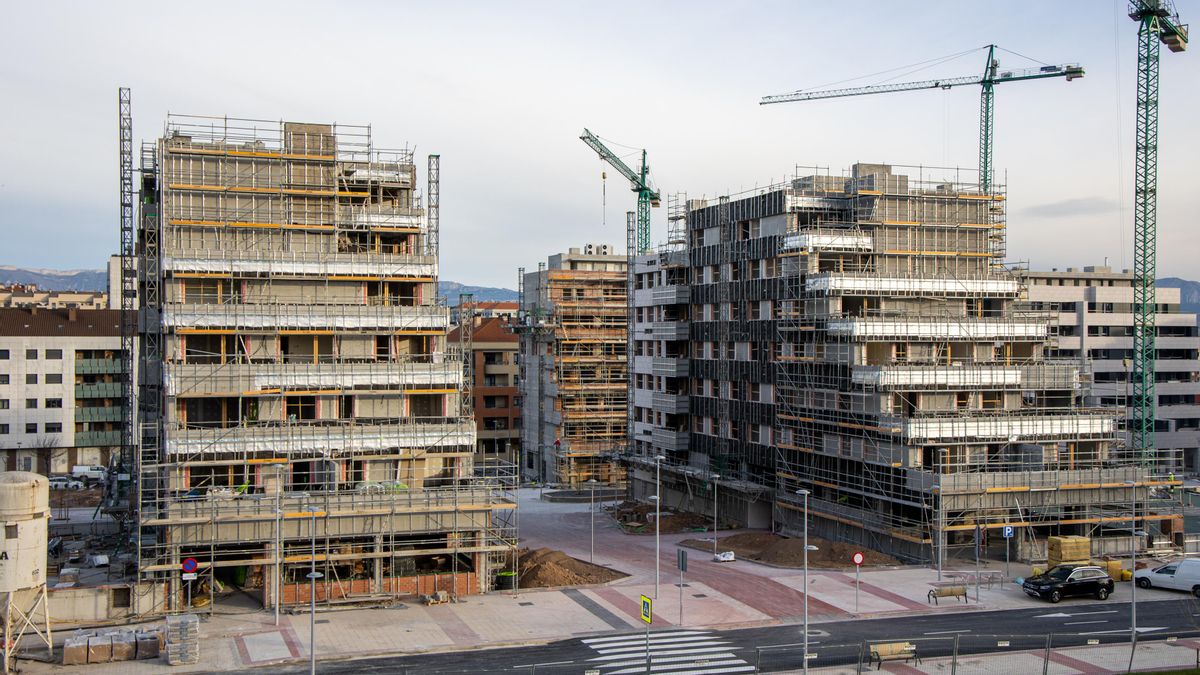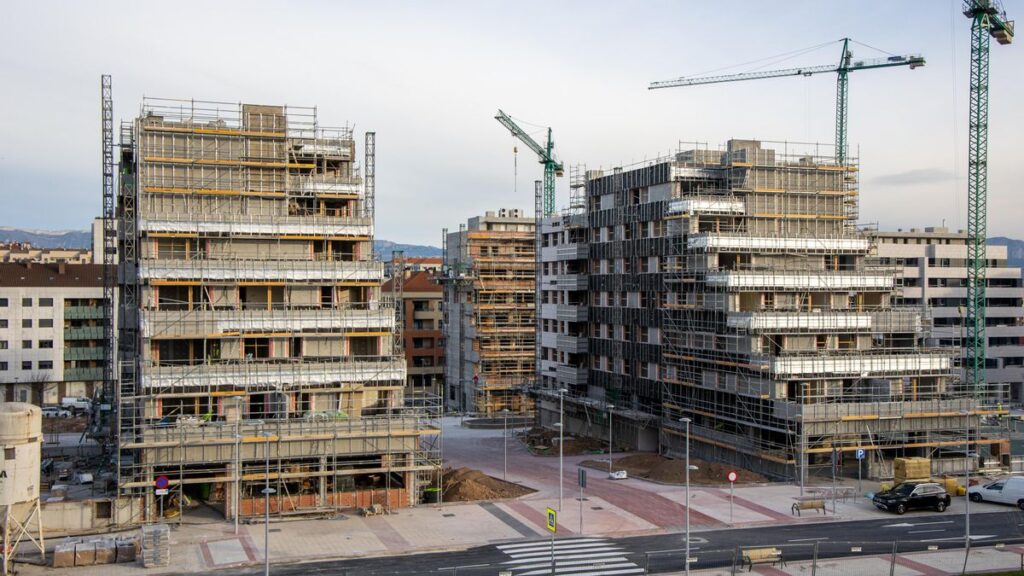Cash Dominates Canary Islands Real Estate
Last year, 49.2% of property transactions in the Canary Islands were cash purchases—a figure well above Spain’s national average. This trend isn’t new; for the past decade, nearly half of all home sales in the archipelago have bypassed mortgages, even as the European Central Bank gradually lowered interest rates to make financing more attractive. The data, from Spain’s General Council of Notaries, reveals a market where one in two homes changes hands without loans.
Who’s Buying Without Mortgages?
Experts point to two key groups driving this trend: foreign investors and locals trading properties. “Many buyers are speculative investors who likely own multiple homes worldwide,” explains Alejandro Inurrieta, an economist and former advisor to Spain’s Ministry of Economy. “They’re not driven by housing needs—some never even visit the properties, purchasing solely based on photos or videos.” Meanwhile, locals often sell larger homes to downsize, relocating to urban centers like Santa Cruz de Tenerife or Las Palmas de Gran Canaria for convenience. “They’re seeking a different lifestyle,” says Isidro Martín of the Professional Association of Real Estate Experts (APEI).
Why Cash Rules the Market
The Canary Islands’ appeal—high rental yields, vacation homes, and a steady influx of foreign buyers—keeps cash purchases dominant. Teresa Sánchez, a Tenerife-based realtor, notes, “Many buyers either already had savings or sold previous properties to fund new ones.” But this dynamic worsens affordability for residents. Inurrieta warns of a split market: “Homes under €400,000–500,000 are increasingly out of reach for average workers, while luxury demand inflates prices across the board.”
A Structural Crisis With No Quick Fix
Inurrieta sees little hope for change without systemic reforms. “Spain lacks public, social, and affordable housing,” he says. “Unless we address this, only the wealthy or those inheriting property will secure homes.” His grim forecast? “Middle-income workers will struggle to afford independence, with many in their 40s or 50s still sharing apartments.” While restricting non-resident foreign buyers could help, he doubts political will to challenge powerful lobbies. For now, the Canary Islands’ housing divide deepens.


